In January, the inaugural Te Ahiwaru Noho Taiao was held — a landmark three-day noho on ancestral whenua in Ihumaatao. The kaupapa brought together 33 taitamariki and pakeke for a deep, immersive reconnection with te taiao, mātauranga Māori, and each other. This noho was a culturally grounded initiative designed to nurture identity, environmental awareness, and community capability through lived experience, learning, and whakawhanaungatanga.
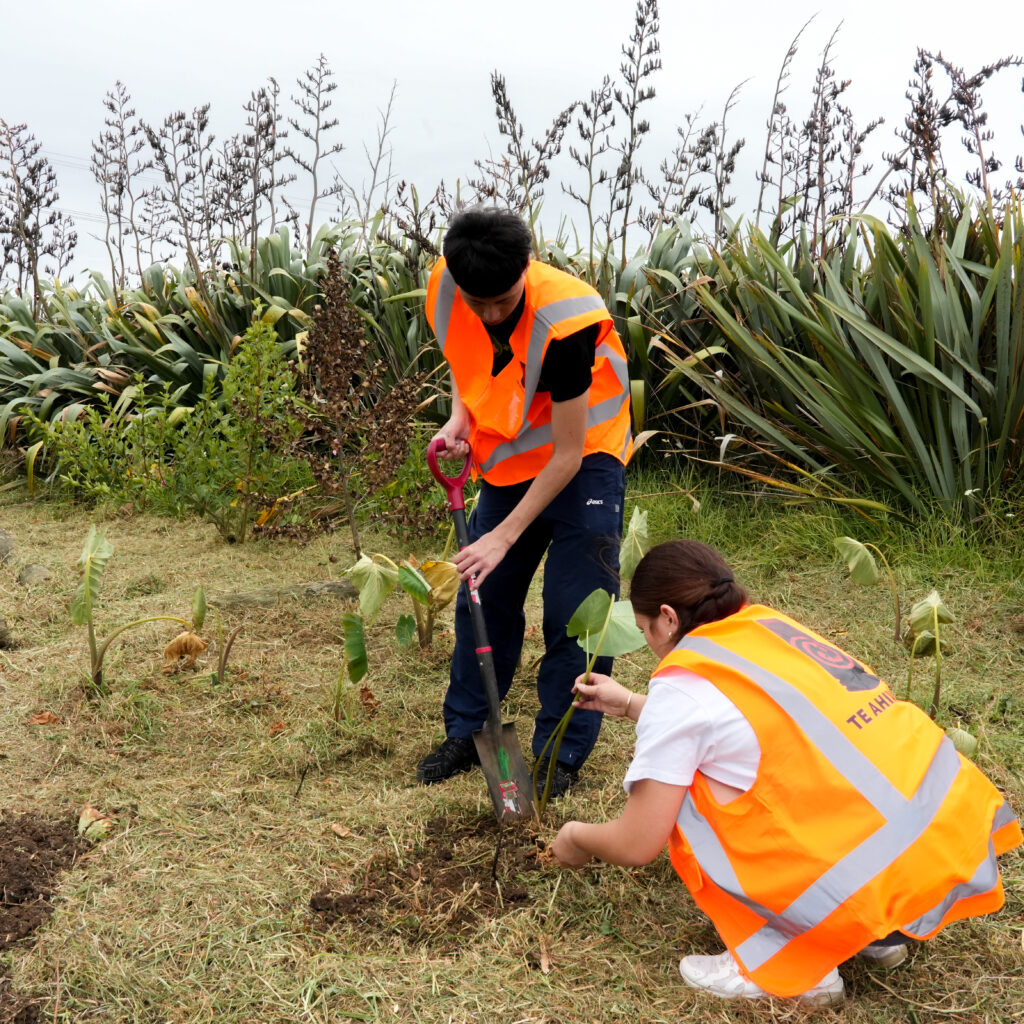
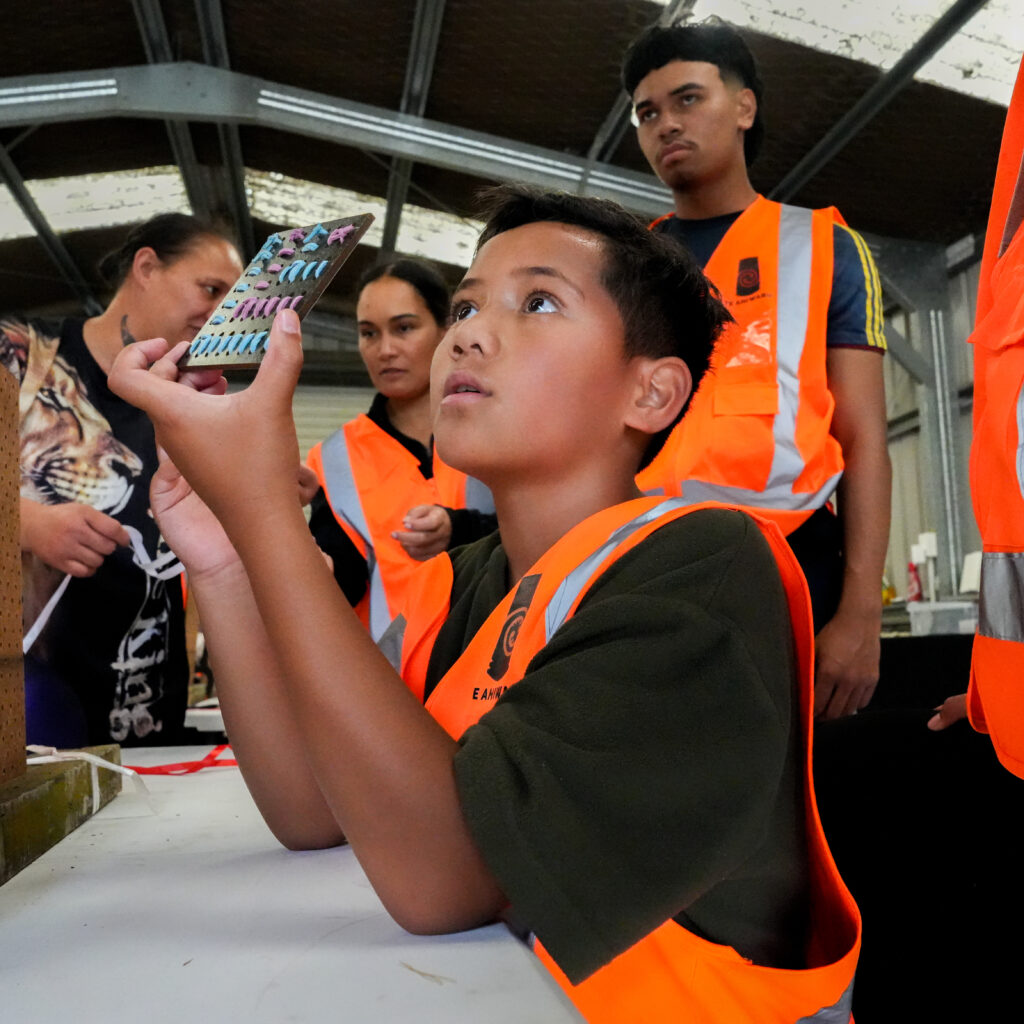
Scale and scope:
- Duration: 3 days, 2 nights
- Participants: 36 in total, spanning multiple generations within Te Ahiwaru
- Activities Delivered: Over 10 kaupapa Māori-based learning sessions and experiences
Learning Involved:
Throughout the wānanga, whānau took part in a diverse and enriching programme, which included:
- Ngā keemu Māori, to promote physical literacy, teamwork, and cultural knowledge
- Para kore, practices, reinforcing environmental responsibility and sustainability
- Identification of rākau and rongoā, teaching how to recognise native plants and their traditional uses in healing
- Tirotiro taiao, developing awareness of local ecosystems
- Whakapapa wānanga, exploring ancestral connections to whenua, awa, and moana
- Waka ama, enhancing confidence and connection with the wai
- Kapa haka, reinforcing identity, performance, and group cohesion
- Māra kai, promoting food sovereignty and māra skills
All learning was grounded in tikanga Māori, encouraging taitamariki to actively explore their cultural identity while engaging with traditional and contemporary environmental practices.
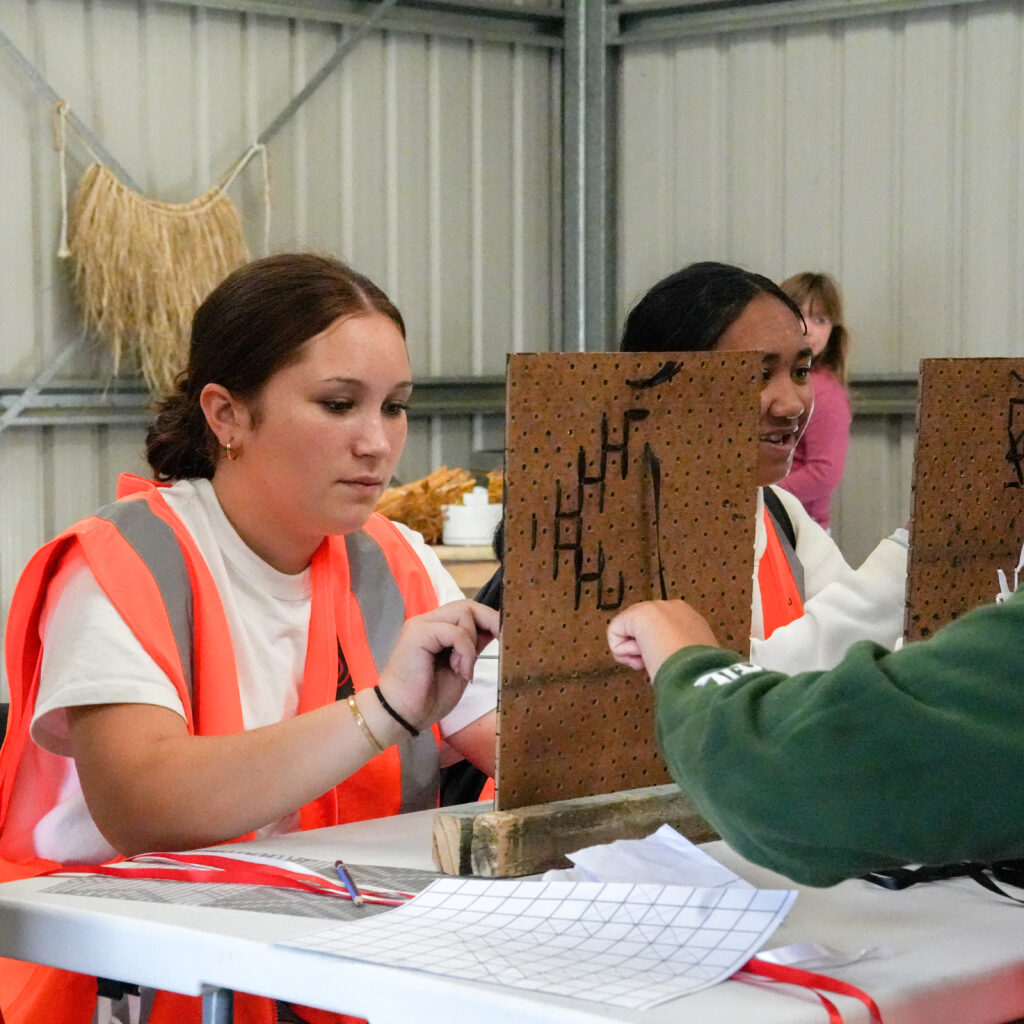
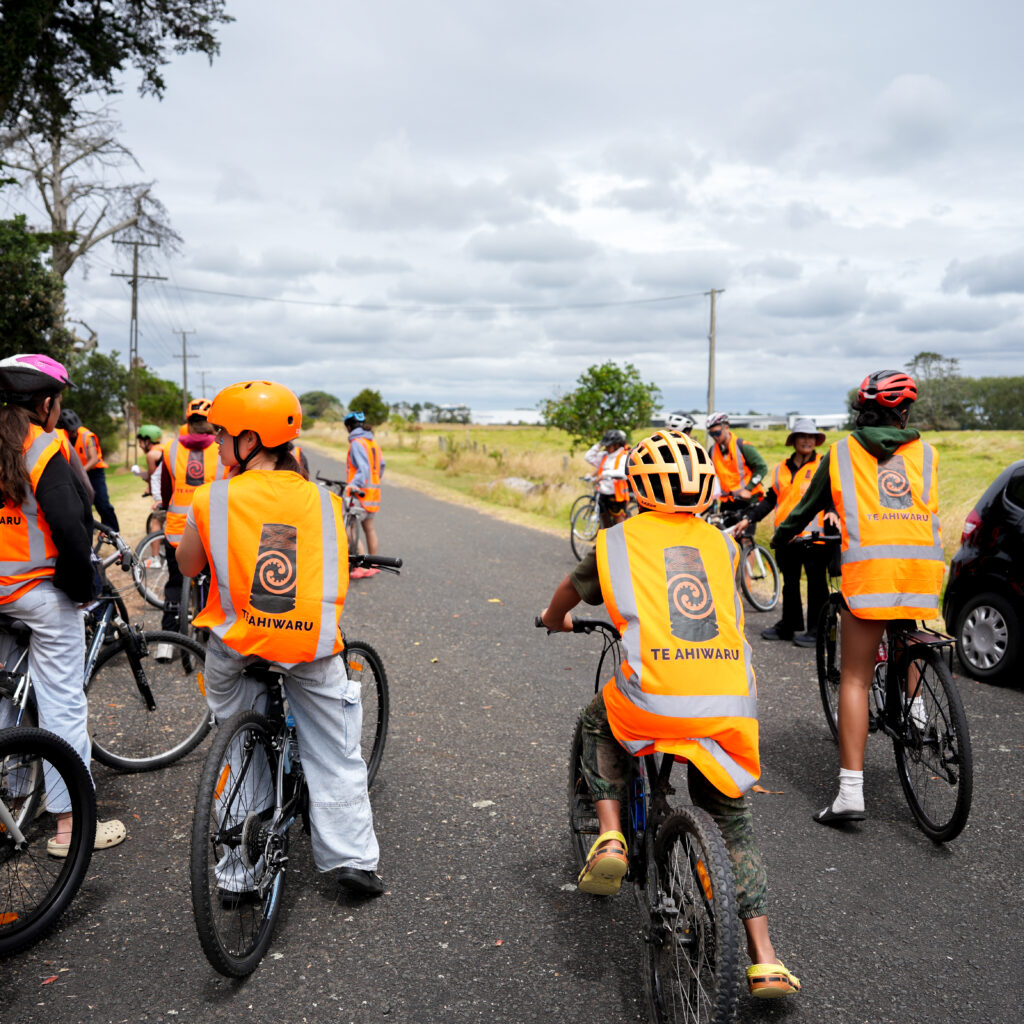
Holistic approach:
The wānanga reflected a kaupapa Māori, holistic learning model, connecting mind, body, spirit, and environment. This approach honoured traditional knowledge systems, supported intergenerational transmission of mātauranga, and fostered a deep sense of belonging and cultural pride among participants.
Participants were immersed in whānau-based learning on their tūpuna whenua, enhancing their connection to place and to each other. The timing of the wānanga — during Raumati — allowed for outdoor, experiential learning in harmony with the rhythms of the environment.
Impact and reflections:
- Strengthened identity and pride among Te Ahiwaru taitamariki
- Deepened understanding of te taiao and mātauranga Māori
- Strengthened whānau relationships through collective learning and living
- Created a foundation for future noho taiao and wānanga-based learning models
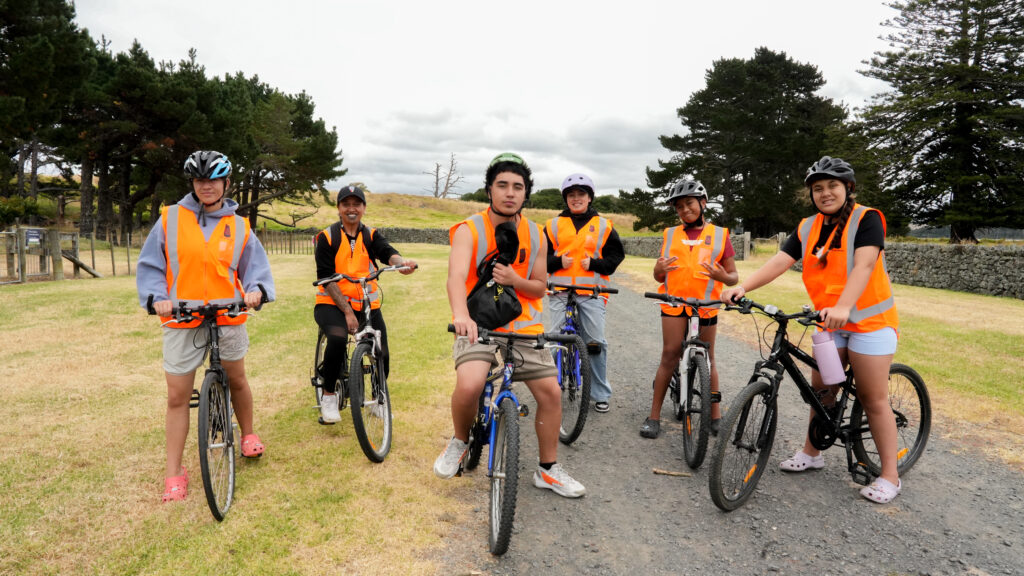
Acknowledgements:
Ngā mihi nui to the rōpū who supported and collaborated in this kaupapa: TIOM, Auckland Council, Makaurau Marae, Te Ahiwaru, and Portage Crossing. Your tautoko, resources, and guidance made this first-ever noho taiao not only possible but profoundly impactful.
This noho marked a significant step forward in empowering our rangatahi, restoring cultural practices, and fostering a collective commitment to te taiao.





